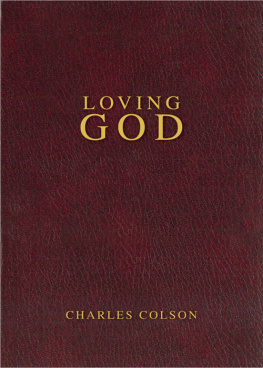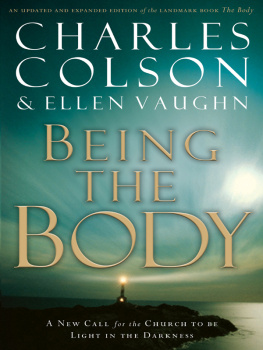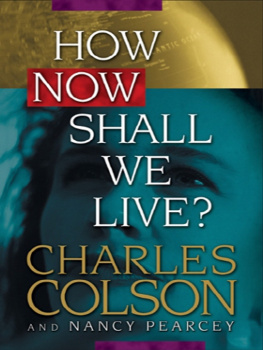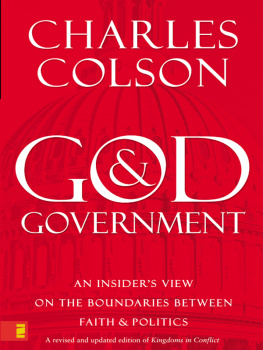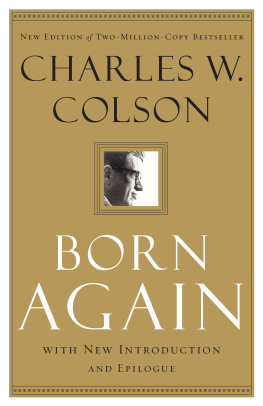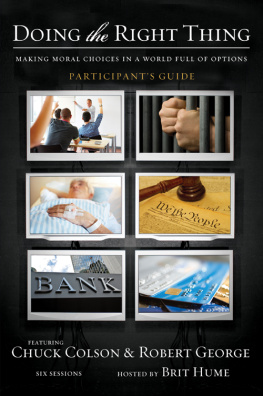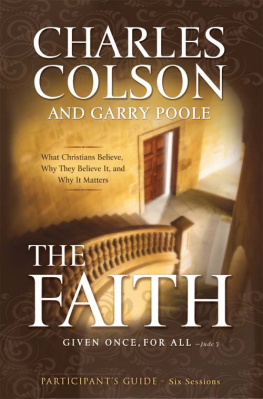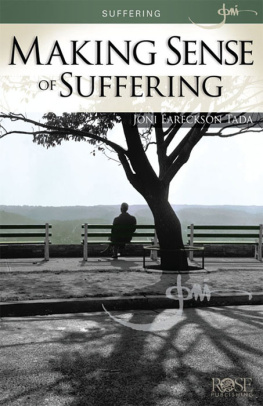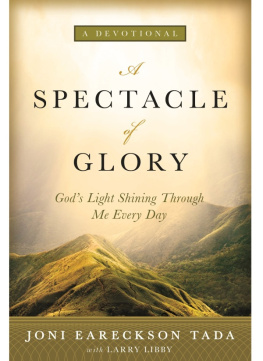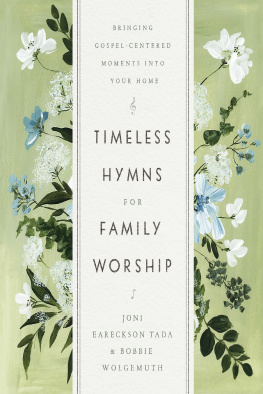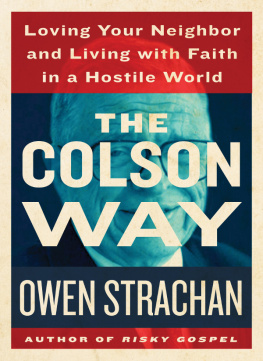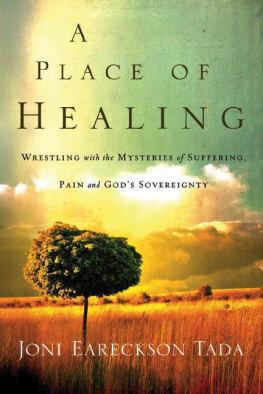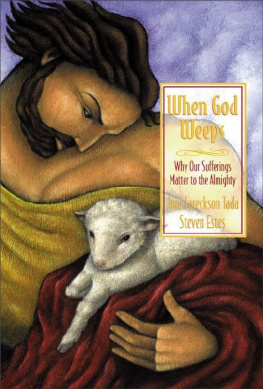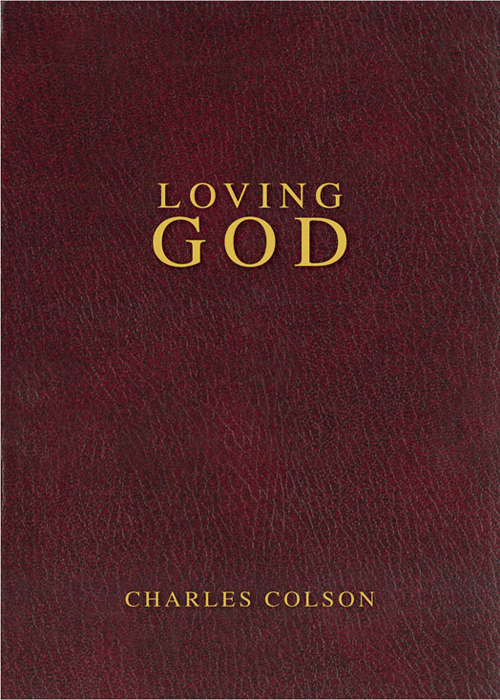T wenty-one years ago on January 31, 1975, I walked out of prison gates, free after seven months inside. But as a new Christian, I was unsure of the future, groping for Gods will, trying to understand the tumultuous events that had brought me to this place.
I had surely known the heights and depths of life: from power, wealth, prestige, and an office next to the president of the United States to the confining walls of a dreary prison. But along the way I had made the most important discovery anyone can make.
That came about on a hot, sultry night in August, 1973. As the Watergate scandal was rocking the Nixon presidency and the nation, Iproud and self-assured on the outside, fearful and trembling withinvisited a close friend, Tom Phillips, at his home. Phillips was a successful business executive and client who, I had learned, had had some kind of religious experience. That evening Tom told me of his encounter with Jesus Christ, how his life had been dramatically changed. I listened intently. I had never heard anyone talk this way. Though something stirred within me, I kept my emotions in check, too proud to let him know how I felt inside. I left my friend that night, promising only to read a little book which he gave me, Mere Christianity.
But in his driveway that night, the dam burst. I could not drive the car; I was crying too hard, calling out to God with the first honest prayer of my life. I sat there alone for a long timebut not alone at all.
From that day on, nothing about my life has been the same. It can never be again. I have given my life to Jesus Christ.
In that first year out of prison I published my autobiography, Born Again, which God used mightily. But I also wrestled with Him. I knew what had happened to me had been for a purpose. What was it? I longed to return to a quiet life with family. Business and law beckoned, but Patty and I dreamed of long walks in the woods, more time with the children, and above all, being out of the glare of the public spotlight.
But I couldnt. I knew my call was ministry to prisoners, and in the summer of 1976, six of us gathered for prayer, launching Prison Fellowship. Little did I dream that this ministry would spread around the globe 75 countries, 2,000 prisons in the U.S. alone, thousands of volunteers to become the most massive outreach of the Gospel to the least of these, prisoners and their families.
In those early years I yearned to grow, to know the fullness of the Christian life. I studied under the guidance of godly scholars such as Professor Richard Lovelace and Dr. Carl Henry. I read voraciously. But I was perplexed that Christianity seemed to be having so little impact on modern life. What was it, I asked, that God really wanted from His people? How should we live? And it was out of this struggle, as Ive explained in the following introduction, that I wrote the book you are about to read, Loving God.
Few things God has done in my life have surprised me as much as this book. At the outset I had modest ambitions: It might reach some serious believers, maybe stir them to a more disciplined life, I hoped. But instead the book went through 26 printings, was translated into twenty languages, over a half-million copies have been sold in the U.S., hundreds of thousands more distributed by the Billy Graham Association, and countless hundreds of thousands more overseas, reaching Europe, China, Korea, much of Africa, all of Latin America, and even behind the former iron curtain.
Over the thirteen years since this book was published, I have been humbled by the thousands of letters it has prompted from people in every station of lifefrom prime ministers to prisoners. The message is always the same: The writers lives had been deeply affected. Some became believers; others discovered the true meaning of being a Christianto love God and to love one another.
No letter touched me more deeply than one smuggled out of the then Soviet Union in 1990 and sent to the minister who had translated the book into Russian:
You sent your book, Loving God to us, but for a whole month the prison authorities would not release it to us. When we found out about its existence, we complained to Moscow, and finally we were allowed to read this book. In our camp there are about 3,000 prisoners, and everyone has read your book. In actuality, every evening someone would read aloud while 15 to 20 others listened. Its good that you wrote about the author, Colson. When we learned that he too had been in prison, we understood that he knew the meaning of freedom. In other words, we who hated and thought that such feelings were experienced by all people, learned that it was possible to learn to love God and other people. Semyon Gorokhov
Valentin Sukonin and the other 3,000 prisoners
Magadan, Siberia 12 June 1990
Still burned in my consciousness is the picture of Russian prisoners huddled around a single candle in a cold, barren prison camp, reading the words of this book. I couldnt help but think back on my years in the White House, when every effort was engaged in trying to affect Soviet policy. What I accomplished was nothing compared to what God had done through the pages of this manuscript, delivering one copy into a Russian prison.
So I am overjoyed at Zondervans decision to reprint this book. The need for its message is as great today, maybe greater, than when it was first published thirteen years ago. Then the forces of secularism were on the ascendancy, American culture was in the grips of selfish individualism and empty consumerism; Christian values were in retreat. Since then, however, the culture war has only intensified; postmodernismthe belief that there is no truth and no Godis dominant among secular elites. Christianity has been driven to the margins of society. So never has the need for Christians to be serious about their faith been greater, and never has the message of this book been more urgent.
I pray that as you read through the pages that follow, God will touch your life and you will discover what those Russian prisoners didthat even in the ugliest of times and in the ugliest of circumstances, it is possible to love God and other people.
Chuck Colson 1996
The most pleasurable journey you take is through
yourself the only sustaining love involvement is
with yourself. When you look back on your life
and try to figure out where youve been and where
youre going, when you look at your work, your love
affairs, your marriages, your children, your pain, your
happinesswhen you examine all that closely, what
you really find out is that the only person you really
go to bed with is yourself. The only thing you have
is working to the consummation of your own identity.
And thats what Ive been trying to do all my life.
Shirley MacLaine
It is vain, O men, that you seek within yourselves the
cure for your miseries. All your insight only leads you
to the knowledge that it is not in yourselves that you
will discover the true and the good.

